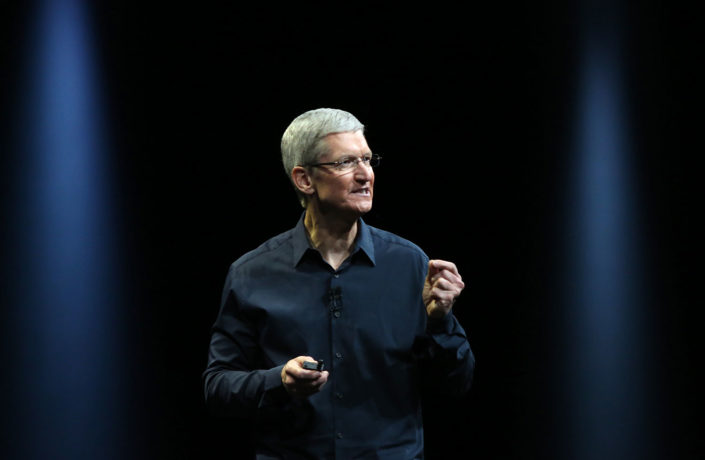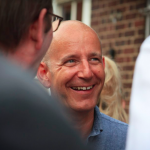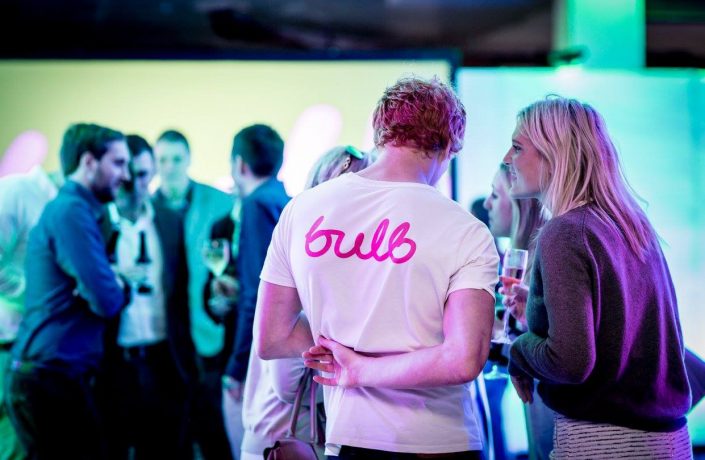 News
News
50 founders join Zinc’s new mission
Posted on 3rd October 2018
Tech-for-good business builder Zinc has started work with a new group of 50 entrepreneurs on its next impact mission – to unlock new opportunities for people in places hard-hit by globalisation and automation.
Zinc – set up last year by tech investor Saul Klein, ex-Number 10 policy unit chief Paul Kirby and Israeli engineer Ella Goldner – has brought together tech and business founder talent for a second time in an effort to build tech businesses that help people in some of the most economically deprived corners of the world.
A first nine-month mission ran last year, focusing on the challenges of women’s mental health. By the time that mission came to an end, 16 new companies had been formed, which in turn attracted investments from London’s top early-stage VCs and angels.
The new mission follows Zinc’s successful seed fundraise, which drew in £3m in investment from Klein’s own LocalGlobe firm, as well as Skype founder Niklas Zennstrom’s Atomico, the London School of Economics & Political Science (LSE), and angel investors. Zinc is committing £1m of that £3m raise to support the 50 entrepreneurs.
The entrepreneurs, selected from hundreds of applications, arrive from 20 countries across the world. They bring experience across the fields of education, health, transport, architecture, software engineering, tourism, telecommunication, housing, fashion and media. Almost half of the founders are women.
The 50 will spend the next nine months designing solutions for the 150m+ people living in places hard-hit by globalisation and automation. They came together for their first day in London this week, before spending three days visiting and meeting local people and organisations in Stoke-on-Trent, Rochdale and central Manchester.
“Too many places across Europe and the US feel left behind by the economic and social changes of the last 30 years,” says Zinc. ‘Their voice has been heard loud and clear in recent elections, with demands for government action to address decades of frustration.”
On automation, the organisation points to new research from the World Economic Forum (WEF) predicting that robots will create more jobs than they displace – with no suggestion that there will be like-for-like replacements.
Similar to the 19th century industrial revolution, certain jobs and geographies face more risk than others, “a disparity that must be addressed to avoid increasing social inequality,” says Zinc.
 “Too often these big social problems are left to governments to sort out,” Zinc co-founder Paul Kirby (pictured) said this week. “And even with the best will in the world, that’s not possible. We also need to inspire our most creative entrepreneurs to tackle big social problems. We want to build new imaginative solutions that help people in left-behind places to transform their own life chances.”
“Too often these big social problems are left to governments to sort out,” Zinc co-founder Paul Kirby (pictured) said this week. “And even with the best will in the world, that’s not possible. We also need to inspire our most creative entrepreneurs to tackle big social problems. We want to build new imaginative solutions that help people in left-behind places to transform their own life chances.”
The founders will have access to local experts to help them design the right solutions from scratch, using an evidence-based approach.
As with the first mission, Zinc has been able to draw on support from its extensive network to attract over 100 experts to back the entrepreneurs. The list of backers includes leading academics, creatives, entrepreneurs, medics, educators, investors, corporates and local authorities.
Zinc is urging people to sign up any time to help with its missions, via www.zinc.vc/join.
Zinc hits start for women’s mental health
Agenda Setters interview: Goldner catalyses Zinc startup mission

